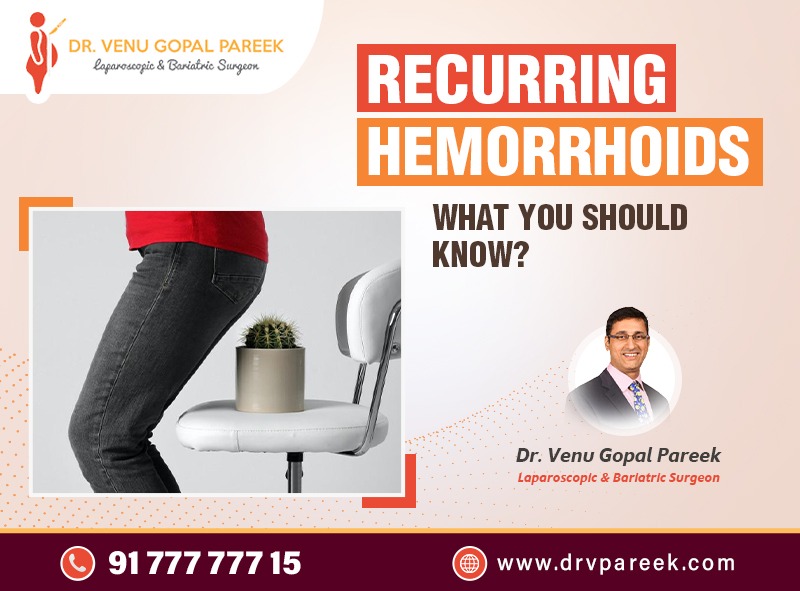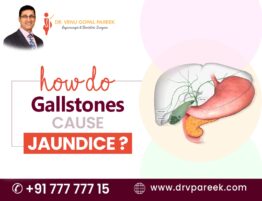
Hemorrhoids, sometimes referred to as piles, are inflamed veins located in the area around the anus or in the lower rectum. They are common and usually not serious. They can cause discomfort, itching, and bleeding, especially during bowel movements. Hemorrhoids can be either internal i.e, they develop inside the rectum, or external, meaning they develop under the skin, outside the anus. In some cases, a person may have both internal and external hemorrhoids.
Approximately 75% of adults experience hemorrhoids at some point in their lives. The root cause of hemorrhoids can often be difficult to identify, however they can be attributed to a variety of factors.
Recurring hemorrhoids
Sometimes, hemorrhoids go away but keep coming back. These recurring hemorrhoids can continually cause pain and discomfort. If not taken care of, repeated hemorrhoids can become more serious and need medical or surgical treatment.
Though some medical issues can lead to hemorrhoids, the majority are caused by lifestyle choices. Hemorrhoids occur when there is increased pressure on the rectum and anus, which may be caused by:
- Chronic constipation or diarrhea
- Excess weight or obesity
- Lifting heavy weights frequently
- Lack of fiber in your daily diet
- Being pregnant
- Prolonged sitting
- Strained bowel movements
- Anal sex (intercourse)
As you get older, your chances of developing hemorrhoids increase. This is due to the fact that the tissues that provide support to the veins in your rectum and anus can become weakened and stretched. This phenomenon can also occur during pregnancy, as the extra weight of the baby puts pressure on the anal area.
Getting Relief from Hemorrhoids
Most of the time, home remedies can provide short-term relief from the discomfort associated with hemorrhoids. The pain and swelling might be alleviated with:
- Place a cold pack on the affected area for a duration of 20 minutes.
- Hemorrhoid creams, ointments, and suppositories with hydrocortisone
- Laxatives for constipation problems
- Pain relievers
- Drink plenty of fluids
- Soak in a warm sitz bath for 10-15 minutes, two to three times a day.
Symptoms of hemorrhoids
Some common symptoms of hemorrhoids include:
- Painless bleeding during bowel movements
- Itching and irritation around the anus
- Pain or discomfort in the anal area
- Swelling around the anus
- A lump near the anus, which may be sensitive or painful
- Mucous discharge or stool leakage
- Painful bowel movements
If you experience any symptoms of hemorrhoids, it’s important to see a doctor to get a proper diagnosis and determine the best course of treatment.
Treatment for Recurring Hemorrhoids
There are several treatments available for recurring hemorrhoids, which depend on the severity and frequency of symptoms. Treatment options may include medications, topical ointments, lifestyle changes, and in some cases, surgery.
Lifestyle changes: Making changes to your diet and lifestyle can help alleviate the symptoms of hemorrhoids and prevent recurrence. This includes increasing fiber and water intake, regular exercise, and avoiding prolonged sitting or standing.
Topical creams and ointments: Over-the-counter creams and ointments containing hydrocortisone, lidocaine, or witch hazel can help relieve pain, itching, and swelling associated with hemorrhoids.
Sitz baths: Soaking the rectal area in warm water for 15-20 minutes several times a day can help reduce symptoms and promote healing.
Medications: Your doctor may prescribe medications such as ibuprofen, acetaminophen, and naproxen which can help to reduce inflammation and pain.
Rubber band ligation: This is a procedure in which a rubber band is placed around the base of an internal hemorrhoid to cut off its blood supply, causing it to shrink and eventually fall off.
Sclerotherapy: A chemical solution is injected into the hemorrhoid in order to shrink it as part of a procedure.
Infrared coagulation: This is a procedure in which a device uses infrared light to coagulate the blood vessels feeding the hemorrhoid, causing it to shrink.
Hemorrhoidectomy: This is a surgical procedure to remove the hemorrhoids. It is usually reserved for more severe cases that do not respond to other treatments.
It’s important to work closely with your doctor to determine the best treatment plan for your recurring hemorrhoids, taking into account the frequency and severity of symptoms, as well as any other medical conditions you may have.
The best ways to prevent hemorrhoids
There are several steps you can take to help prevent hemorrhoids from developing or recurring:
Increase fiber in your diet: Eating foods that are high in fiber can help make stools more soft and lessen the pressure on the rectal and anal veins when having a bowel movement. Fruits, vegetables, whole grains, and legumes are some of the good sources of fiber.
Drink plenty of water: By drinking plenty of fluids and staying hydrated, you can help prevent constipation and reduce the strain on your rectal and anal veins during bowel movements. Try to consume at least 8 glasses of water each day.
Avoid prolonged sitting or standing: Prolonged sitting or standing can put extra pressure on the veins in your rectum and anus, potentially leading to the development of hemorrhoids. Try to take breaks and move around regularly, especially if you have a sedentary job.
Exercise regularly: Regular physical activity can help improve bowel function and reduce the risk of constipation, which can lead to the development of hemorrhoids.
Avoid straining during bowel movements: Straining during bowel movements can exert more pressure on your rectal and anal veins which eventually result in the development of hemorrhoids. Try to relax and take your time during bowel movements, and use a stool softener if needed.
Avoid heavy lifting: Pressure on your rectal and anal veins can also be increased by heavy lifting and may lead to the hemorrhoids development. If you need to lift heavy objects, use proper lifting techniques and avoid straining.
Keep the anal area clean: Keeping the anal area clean and dry can help reduce the risk of infection and promote healing if you already have hemorrhoids.
By following these preventive measures, you can help reduce your risk of developing or recurring hemorrhoids and maintain good overall rectal and anal health.







